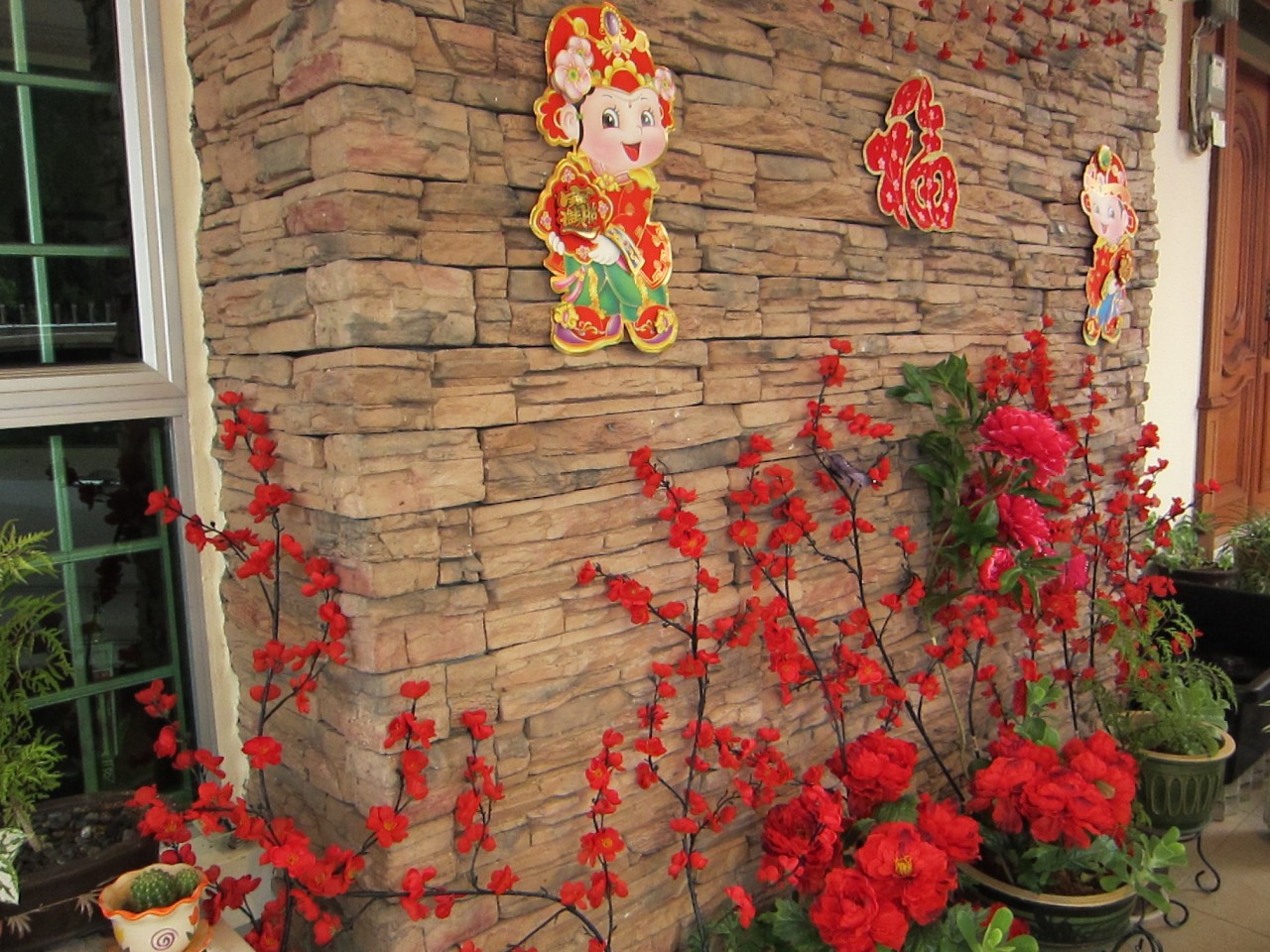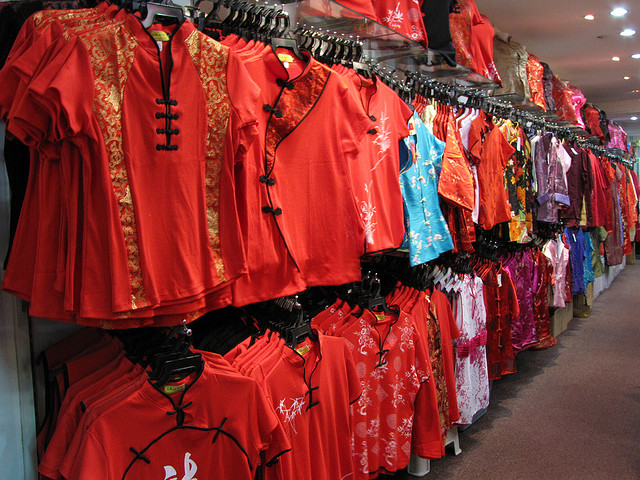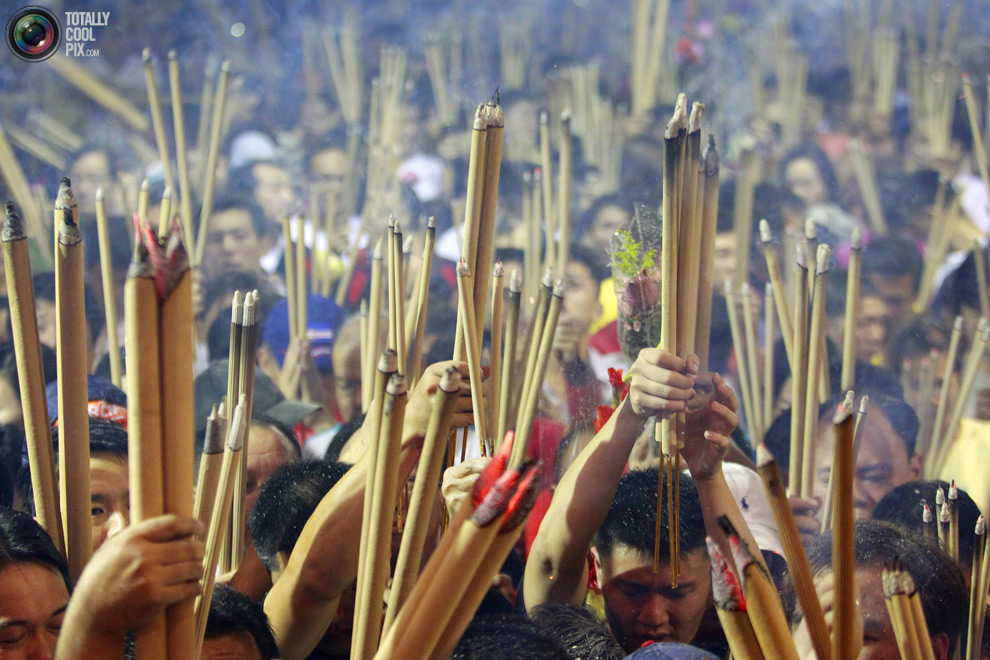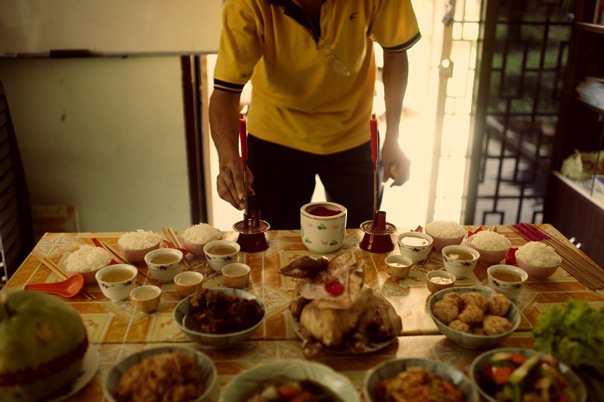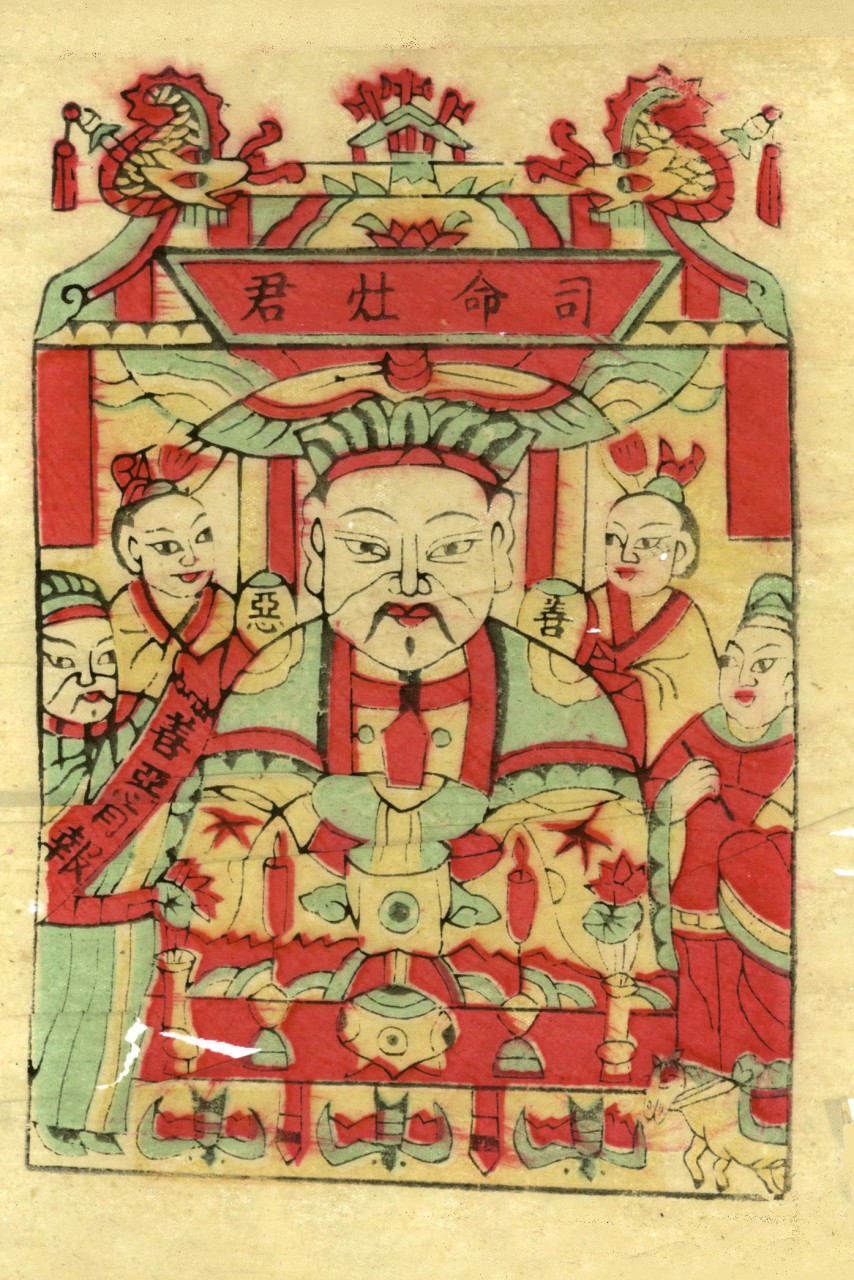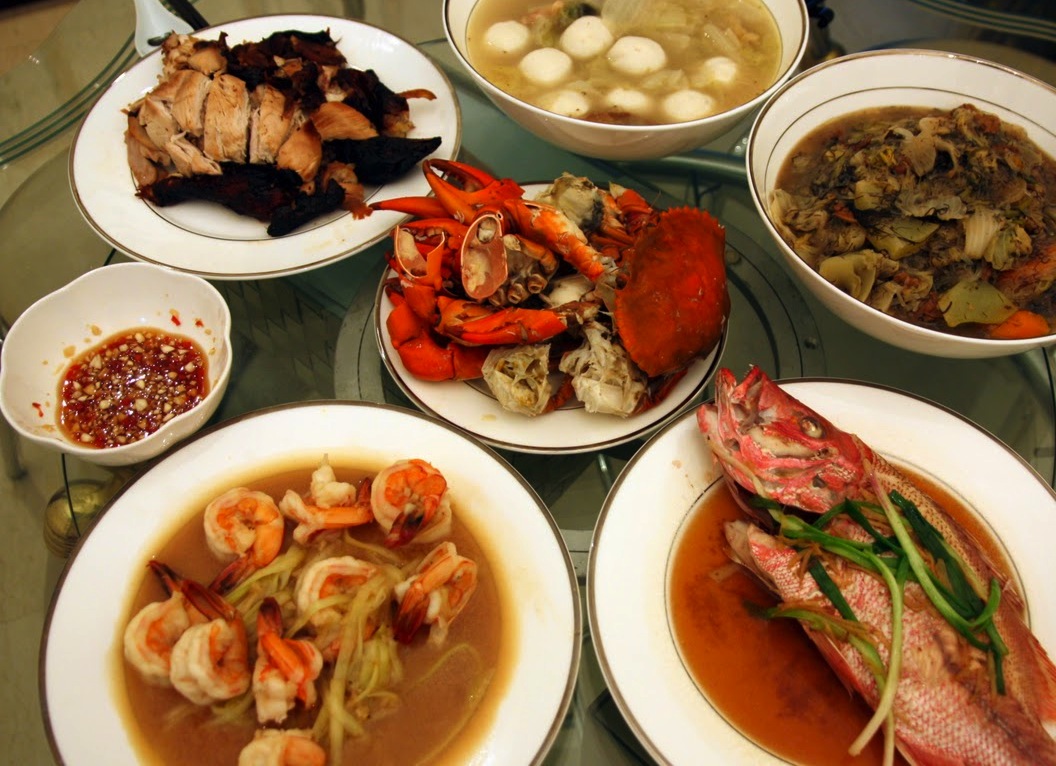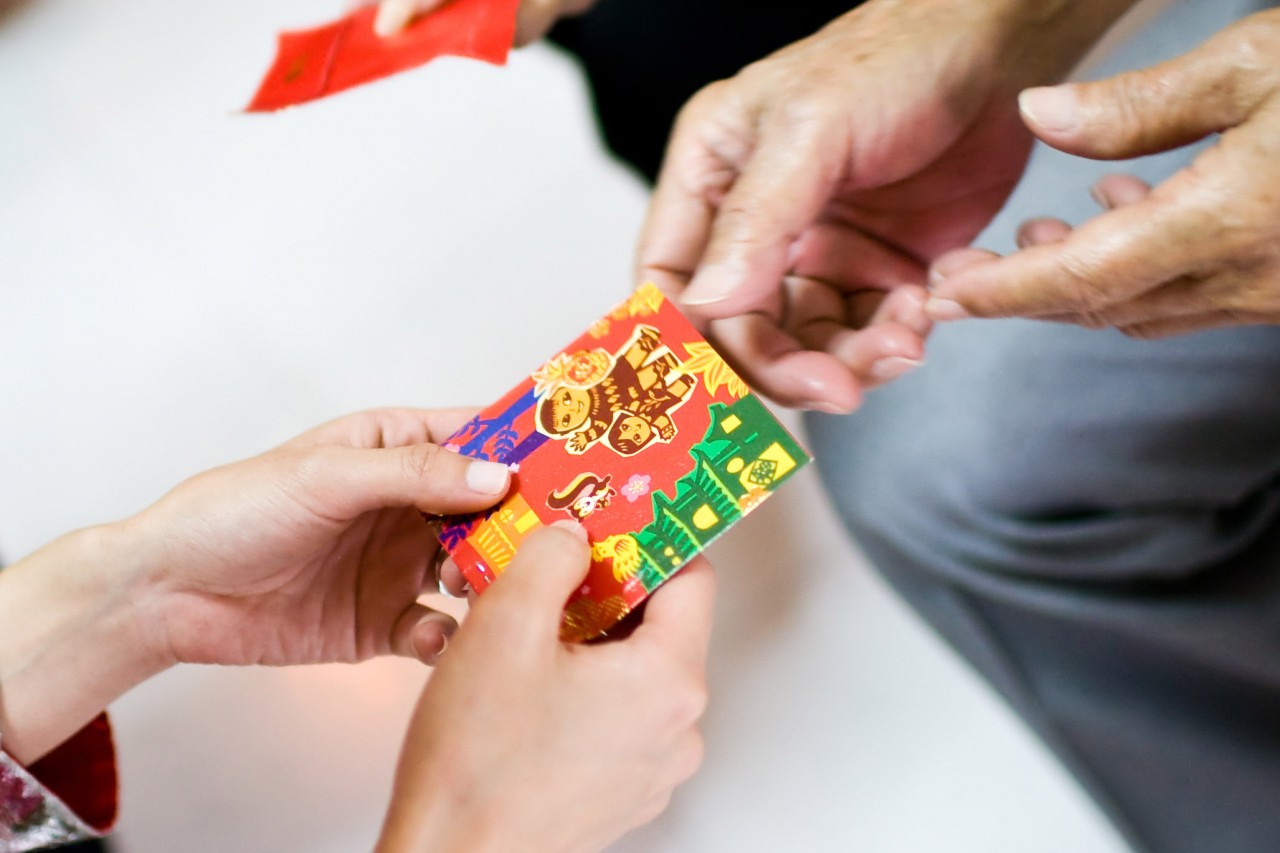
Chinese New Year is the most important holiday for the Chinese. In China, most companies and factories go on holiday for a minimum of two weeks and while we wish we could’ve been bestowed with such privilege, we’ve got no choice but to save up of annual leaves to stretch the two day long holiday into a week long one.
Of course we Chinese don’t just sit around, demand for ang pows and eat all week long, we’re not gluttons! There are plenty to do in preparation with this festive season and we’re thankful we’ve got our folks to guide us through customary do and don’ts to ensure we’ll have good fortune trailing us all year round.
1. Clean your home
Cleaning your home in time to usher in the new year will make sure you sweep away all the bad luck that has been accumulated throughout the past year and allows good luck to enter your home. It is believed that you shouldn’t sweep your floors or even wipe windows for the next 13 to 15 days to “maintain” this luck but heck, how many of us can stand having kuaci seeds all over the living room?
2. Decorate your home
Now that you’re done with cleaning, it’s time to vamp up your home with all things red and gold. Red symbolizes luck while gold represents wealth. Other important symbols include the number “8” which in Chinese rhymes with “fatt” or fortune. Other items you should display are lotus flowers (rebirth and new growth), mandarin oranges (fruits of happiness) in even numbers with their leaves intact and a tray filled with eight different types of tidbits or candies.
Common tidbits include lotus seeds, sunflower seeds, dried longan, peanuts, candied melon, coconut and red melon seeds. When visiting friends or relatives always bring a few gifts to offer to them as well as mandarin oranges but in even numbers as a way of wishing them good luck and good health.
Image credits to EliserTan
3. Too-to-toe makeover
We’re not asking you to change your look but wearing new clothes and sporting a new look is believed to attract good luck and will ensure you having new clothes to wear throughout the year. It’s advisable to get a new pair of clothes, shoes and a haircut before the big day. Unlike other races who wear their traditional outfits throughout the year, we Chinese hardly wear it unless we’re the ones getting married. Traditional parents will warn you against wearing black and encourage you to put on some red instead.
4. Praying for luck
During the CNY period, Chinese head to temples to pray for luck and prosperity. They also have their fortunes read and make offerings to the Heavenly Gods (Tian Gong) and ancestors. It’s a cultural tradition and though there may be skeptics, just as how Grandmother Fa says in Disney’s Mulan, “How lucky can they be? Their dead!“, we believe that the act of making offerings and burning incense, shows that you respect the culture and departed ones and these in turn humbles you.
5. Offer a sacrifice
It is believed that every household has a Kitchen God and at the end of every year, the god will ascend to the heaven to report to Jade Emperor, the king of all Chinese gods, what the family has done during the year, both good deeds and bad deeds.
Therefore, what the Kitchen God reports to the Jade Emperor is directly connected with the family’s future fate. We then offer sacrifice to please the Kitchen God in hopes that he will put in a good word for us hence the offerings of ling gao (sticky rice cake) along with roasted chicken and other savoury dishes.
6. The reunion dinner
It’s not compulsory but some families choose not to eat meat during the first day of the new year because each new year carries the name of an animal. Every meal eaten during the first day has traditional meanings. For example jiu or hard liqour and Chinese radish mean longevity, red chillies mean good luck while rice ensures harmony
Image Credits to Libby-Lin & Koka
7. Be nice!
Avoid quarrels or fights to avoid attracting negativity and bad luck. When greeting others say, “Kong Hei Fatt Choy” or “Gong Xi Fa Cai” which basically translates to Happy New Year! Don’t pull a sour face if your parents drag you to another new year gathering, you only need to go through it once a year!
8. Visiting relatives & friends
The whole purpose of visiting is to catch up with those you haven’t seen for a year and to celebrate the festive season together. Angpows or red envelopes filled with money (even number of course and avoid giving RM4, RM40 or RM44!) is given by married adults to children and those who are unmarried. The red color is meant to scare away evil spirits.
Well, well, so there you have it, eight auspicious things on your checklist this coming Chinese New Year. Spread the love and send some pineapple tarts our way will you?


